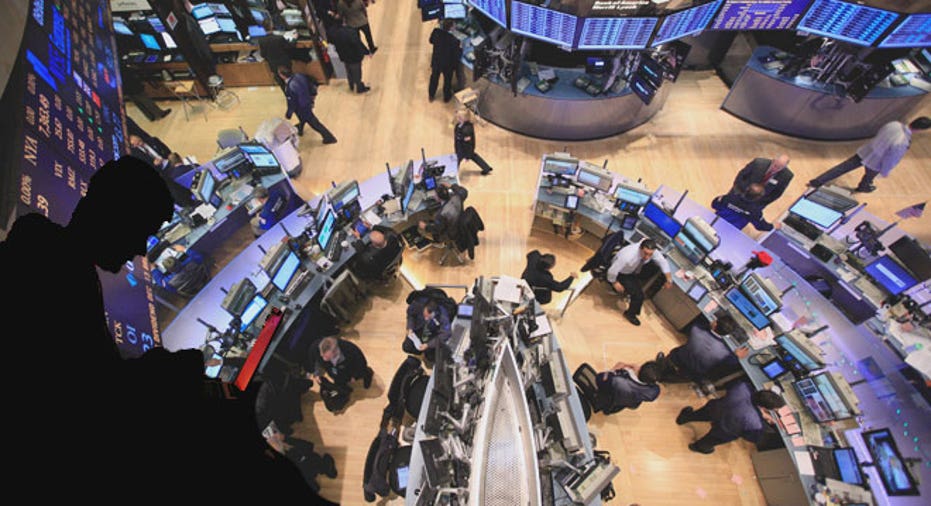Global fears, domestic calm may split week

NEW YORK (Reuters) - The steep and accelerating selloff that pushed the benchmark Standard & Poor's 500 index into its worst week in almost four years may say more about the outlook for emerging markets than the U.S. companies in the S&P, fund managers and analysts say.
China's economic slowdown, recessions and weak economies in Latin American countries such as Braziland Chile and a breakdown in commodity prices are prompting traders to overlook improving U.S. economic data, said Alan Gayle, portfolio manager at RidgeWorth Investments.
"There's a great deal of nervousness around the weakness in China, and that's overshadowing the fact that the U.S. economy is sound and the European Union economy is firming," he said.
As U.S. stock index futures opened for trading on Sunday, they suggested that a moderate decline would continue Monday morning. S&P 500 and Dow Jones index futures were down about 0.8 percent shortly before 20:30 GMT, while Nasdaq index futures traded down about 0.7 percent.
On Sunday, stocks in Saudi Arabia and other Middle East markets fell sharply, the latest to react to declining oil prices and a weaker China, though some investors suggested the global selloff was overdone.
"The classic combination of contagion and market overshoots is brewing," Mohamed El-Erian, chief economic adviser at Allianz SE, told Reuters Friday, noting that U.S. economic indicators were diverging from others.
Wall Street may pull back from that international focus at midweek, as the Federal Reserve begins its annual meeting in Jackson Hole, Wyoming.
Investors will be looking for any signs that the central bank is increasingly worried about global issues or whether it is going ahead with what had been a widely-expected interest rate hike in September. U.S. and emerging markets stocks could diverge.
The Fed has said its decision to raise rates will depend on data such as an improving jobs market and housing market. In the U.S., sales of existing U.S. homes rose in July to their highest level since 2007. U.S. auto sales, meanwhile, are on track for their best year in a decade.
Minutes released Wednesday of the central bank's most recent meeting revealed Fed officials were concerned about "recent decreases in oil prices and the possibility of adverse spillovers from slower economic growth in China," a detail which helped spark the selling.
On Sunday, North Korea and South Korea were in late night talks to ease tensions that brought the two to the brink of armed conflict. The prospect of war, or signs of more global worries, could further dampen U.S. stocks in the week ahead.
The slowdown in China and other emerging markets such as Brazil is hurting commodity-related companies, but it is not enough to affect either 2015 or 2016 earnings estimates for the S&P 500 as a whole, said Gina Martin Adams, equity strategist at Wells Fargo. Second-quarter earnings rose 0.1 percent from a year earlier, an improvement from the expected decline of 3.4 percent.
Low energy costs should benefit consumer discretionary companies, which Martin Adams expects to grow earnings by 12 percent for the year, up from her previous forecast of 8 percent.
Mutual fund managers are also making bets on U.S. companies that get the majority of their revenues from the domestic market. The average large-cap fund is overweight in U.S.-focused companies, including JPMorgan Chase & Co, railroad Union Pacific Corp, American Express Co, and Comcast Corp, according to research by Goldman Sachs.
Martin Adams estimates the S&P 500 will reach 2,222 over the next 12 months, an 11 percent gain from the 1,997 the index reached on midday Friday, after commodity prices bottom and earnings improve.
"The direction of the market is ultimately higher," she said.
(Reporting by David Randall.; editing by Linda Stern and Nick Zieminski)



















